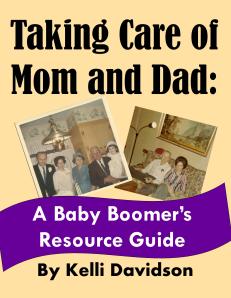I often get calls from a family member inquiring about how to transfer their loved one’s Medicaid (or MediCal) from one state to another. The federal government, in their infinite wisdom, decided to name the federal and the state health care programs nearly identical; Medicare and Medicaid respectively. So the first order of business is to determine exactly which program the family member is talking about.
Medicare cards are all red, white, and blue. They are connected to Social Security and a premium must be paid each month in order to maintain the benefit. Medicare is a nationwide program funded solely through federal taxes. Medicaid is a state and federal partnership that often, in the case of seniors, is used in conjunction with Medicare. Medicaid cards are as many different color combos as there are states and territories. Each state, in order to receive federal matching funds, must agree to offer certain specific core services but then there is a menu of other items the state may offer. There is no rhyme or reason as to what each state my offer.
Another difference in Medicaid state-to-state is that the income level may be different as well as resource requirements. They also may differ in where you may apply with some being only at the local social services office while others have kiosks set up in various public areas for your convenience. Yet another difference is that some states offer something called a Spend Down while others do not. A Spend Down is the amount between the client’s income and the maximum amount allowable to receive the benefit.
When you or your senior loved one may be moving here are some points to remember:
- You may not transfer Medicaid from one state to another.
- You must actually have made the move and declare the new state your home prior to applying for Medicaid in your new state.
- Don’t forget to close your Medicaid case in the state you moved from AFTER you have made the move.
- Income and Resource limits may be higher or lower in the state you move to.
- Some states offer a Spend Down while others do not.
- Do not expect the same program in your new state and if it is or if it is better, you will have a pleasant surprise.
- Look for my new eBook soon to be available exclusively through Amazon. It goes into detail about adult Medicaid issues. The title is “Taking Care of Mom and Dad”, the same as the site here is called.
- If you have any questions, please comment on this post and ask away!




